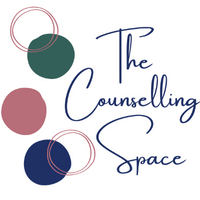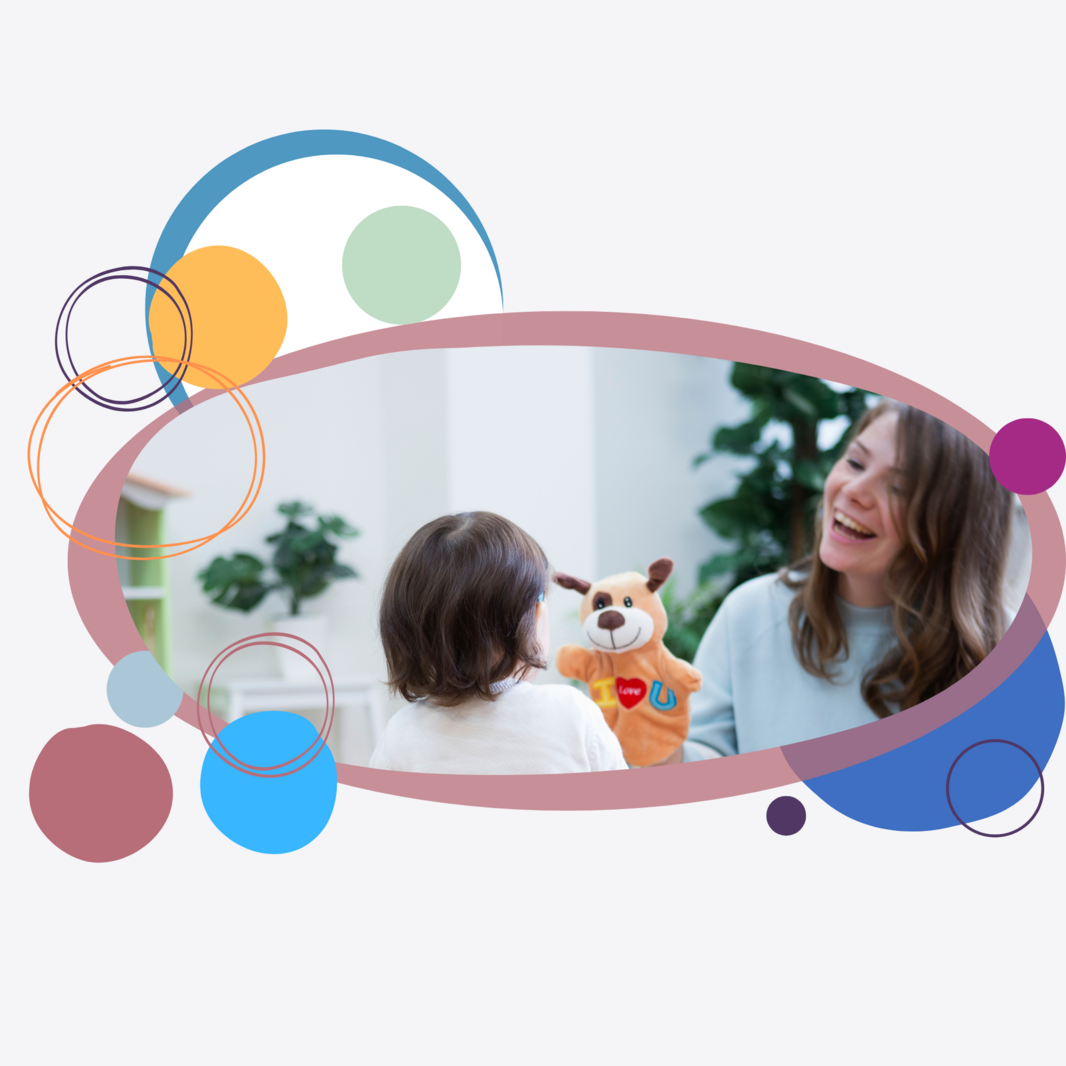Filial (Family) Therapy
Bring the Magic of Play into your home!
Filial* Therapy brings the worlds of play therapy and family therapy together.
Filial Therapy is family-based play therapy, that uses special parent–child play to strengthen relationships and facilitate change. Think of it as Play Therapy on steroids!
Based on the idea that parents/carers can be mentored to become the therapeutic change agents in their own family, it has been found to generate a number of beneficial outcomes that can benefit your family:
- closer relationship between parents and children
- parents feel more "on the same page"
- decrease in child anxiety and behaviour problems
- parents understand their children's feelings
- increased family functioning
- more fun in the family!!
Many parents feel they spend all their time organising, cajoling or even arguing with their children as they navigate busy family life, work and school schedules, leaving everyone tired and frazzled. Not surprisingly, this takes its toll on families, with researchers confirming it impacts on parent-child connection, children's emotional and psychological well-being, and the parents' relationship.
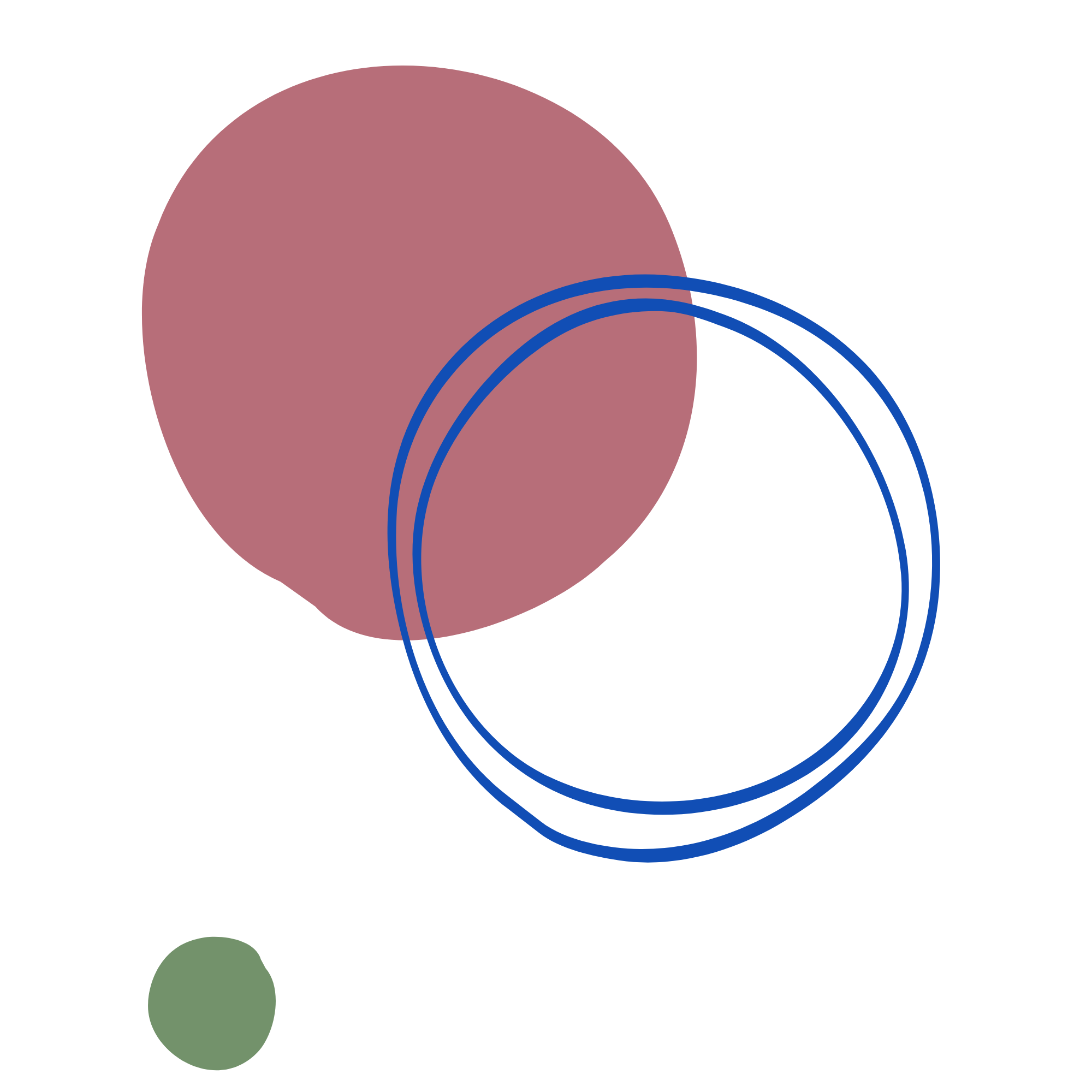 Filial Therapy doesn't miraculously find you extra hours in your day, but it does generate a ripple of rethinking, re-prioritising and reconnection in the family, that will find you getting to know your children in a new and more meaningful way, having increased confidence as parents, and finding tricky behaviours almost melt away as your children more confidently face psychosocial challenges.
Filial Therapy doesn't miraculously find you extra hours in your day, but it does generate a ripple of rethinking, re-prioritising and reconnection in the family, that will find you getting to know your children in a new and more meaningful way, having increased confidence as parents, and finding tricky behaviours almost melt away as your children more confidently face psychosocial challenges.
* "Filial" is from the Latin words filius, meaning "son," and filia, "daughter", emphasising the important child-led component of Filial Therapy.
Filial Therapy may be for you if:
- your child is anxious, sad, angry or self-conscious
- you want to be emotionally closer to your child
- your family has experienced big changes
- you want to build skills in understanding your child's emotions
- you want to have fun together again!
Every family is unique, so individual goals are established for each family. The overall goals of Filial Therapy are to:
(1) encourage your child to choose play activities while setting limits
(2) help you deepen your empathetic understanding of your child’s needs and feelings as shown in their play
(3) help you manage your frustration, and instead use empathetic responses, communicating that your child’s needs and feelings are understood and accepted whatever they may be, and
(4) help your child learn to accept responsibility for their actions, within the scope of limit setting.
The success rate of Filial Therapy is very high, with parents and children both looking forward to the special playtimes that are involved and quickly noticing the significant positive impact it makes on their relationships and family as a whole.
"We started (Filial) with Angie because our youngest had just not settled since we moved here. He was angry, picking fights with his sisters..... and just wouldn't listen.
Now I know it was his mum and me who weren't listening. We were too tired or busy and all our time was spent arguing with him. Now our whole family is different - we are laughing again, having fun. The (play therapy) skills Angie showed us have brought us all closer. There's less arguing, more fun, more cuddles."
Father to 6, 10 and 13 year old children*
* Confidentiality is super important at The Counselling Space, so no names are shared
How can my child and family be involved in
Filial Therapy?
Please feel welcome to contact Angie directly to discuss whether you and your family would benefit from Filial Therapy (or other accredited child or family therapy approaches).
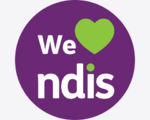

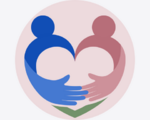

To find out more about whether
Filial Therapy
is suitable for your family,
please call us on 0488 432 165
or email admin@thecounsellingspace.com.au
“Filial therapy possibly holds the greatest promise for changing the world ... as children grow up with this new approach, used by parents with skills that they have been taught, then children will be learning to be better parents themselves. I'm absolutely convinced that they will be different parents because their parents were different with them. These skills will be passed on then from generation to generation.”
Garry Landreth
Counsellor Educator, Therapist and Author
“In order to appreciate how children heal we need to understand how they learn to love, how they cope with challenge, how stress affects them. (If we) better understand ourselves (we can) nurture the people in our lives, especially the children.
Relationships are the agents of change, and the most powerful therapy is human love.”
Bruce Perry
Psychiatrist and Author
